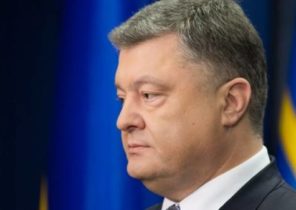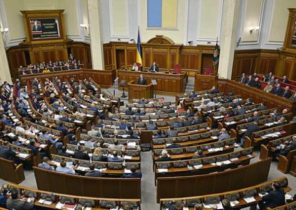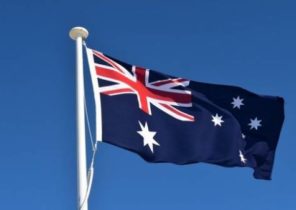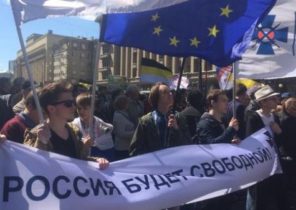
On Tuesday, Prime Minister Theresa may presented the most detailed report of its objectives in the upcoming negotiations Bracito. The explanation came late, but they were welcomed — though after that there was a clearer understanding of what enormous obstacles faced Britain, with the progress of this process.
“What I propose, it may not mean participation in the single market,” said Mae. This is not surprising, because the European Union (unfortunately) is not to make concessions in relation to the fact that participation in the single market requires free movement of people within the EU, and may (rightly) will not give that Brakcet assumes control of a Kingdom its own immigration policy. But understanding that not making the choice may less painful.
Mei stressed that she wants this complete split was on friendly terms — which means close cooperation in the field of trade, smooth transition agreement and an end to the “huge” budget contributions (but not all) in the EU. She also said that the Parliament will vote on the final deal. Financial markets reacted positively and the pound sterling rose sharply after the speech.
Still, the economic downturn after Breccia, projected the Bank of England and others did not happen. On Monday, the international monetary Fund raised growth forecast for the UK this year to 1.5% from 1.1%. But Britain remains in the EU. The question is, what happens when she leaves him.
Close trade relations of great Britain with the EU will benefit the country for over 40 years. The weakening of these ties is a landmark step. According to Bloomberg Intelligence, participation in the world’s largest single market led to increased trade (10%) between the United Kingdom and the rest of the EU. If after Brexia it will lose all of these trading privileges, the national income of great Britain in the long term may be 2% lower.
Especially vulnerable seems to be the financial industry of London, which brings the economy about $ 55 billion annually. The single market provides a “certification”, which allows financial firms to sell goods and services across the Union, regardless of which EU state they are in. Leaving the single market may force the UK to rely on “equivalence” in this case, the cross-border sale permitted, if the rules of a country outside the EU, as strict as in the EU. This is a complex and much less secure the agreement. And, as explained by the Bank of England Governor mark Carney (Mark Carney), that Britain can be forced to accept the rules, of which development is not involved.
Let’s just say it may not become a consolation for those who are trying to decide whether to migrate jobs in the banking and financial sector in Paris, the Luxembourg or Dublin — who are trying to assert their rights.
Mei repeated the veiled threat made recently by the Chancellor of the exchequer Philip Hammond (Philip Hammond): if the EU isolates the UK, Britain may recover as an offshore tax and regulatory shelter that will poach business from Europe. Britain would have been better to avoid attacks and to promote a friendly attitude of the EU, and this tough stance does not inspire confidence. The British electorate to impose a minimum corporate tax and simplified regulation will not be easy. European leaders know this and they are unlikely to change the main goal: not to allow other countries to follow the UK example.
A few months ago, may said “Brakcet means Brakcet”; you only find out what it means. That means it is now finally clear: Britain leaves the single market, but the rest talks about how closer trade relations with the European Union. It was voted a slight majority of Britons, but the odds are still against Mei and successful implementation of the plan of Britain.







